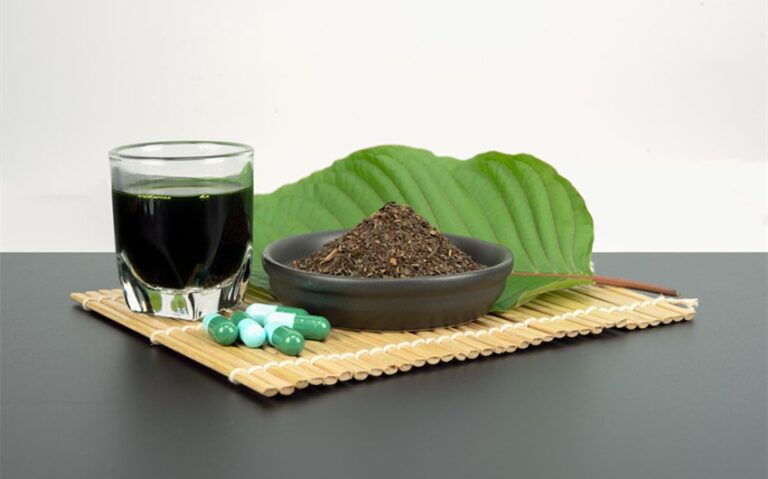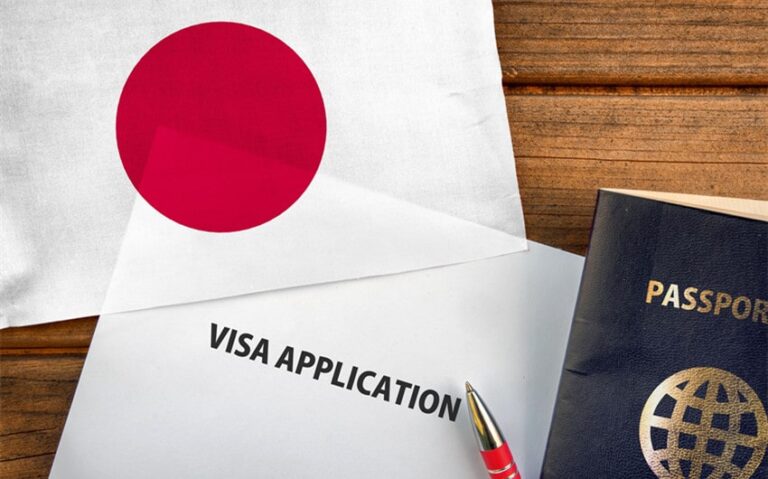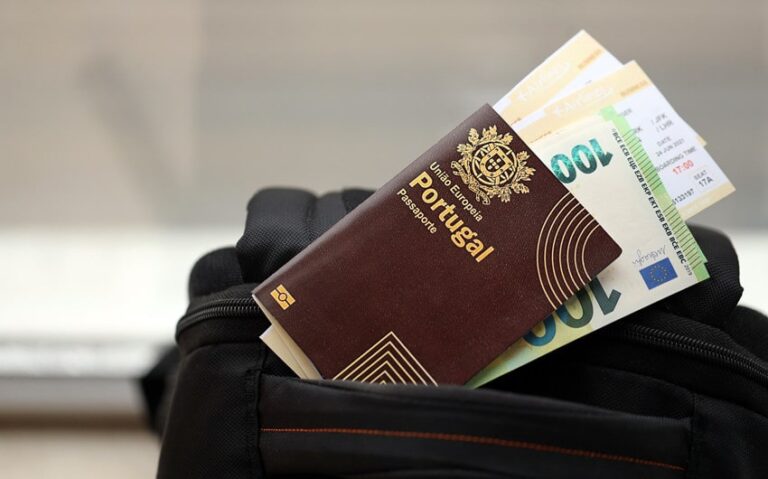Can You Fly With Kratom? How To Bring Kratom on a Plane
Kratom users often include kratom in their daily wellness routines because it helps them manage discomfort, stay focused, and feel calm.
But many wonder if this routine might get disrupted during travel! It’s common for regular kratom users to wonder, “Can I take kratom on a plane?”, “What if airport security takes it away?” or “Is it okay to bring it across borders?”.
This guide by Happy Go Leafy has all the answers! We will explain exactly where you can take kratom, what the Transportation Security Administration (TSA) says about it, and how to pack it safely for domestic or international travel via airplane. But first, the basics!
Can You Travel With Kratom?
Kratom (Mitragyna speciosa) is a tropical tree native to Southeast Asia. Its leaves contain alkaloids called mitragynine and 7-hydroxymitragynine, which interact with the body’s opioid receptors to naturally support pain management, energy boost, improved focus, and relaxation.
Asians have used the herb for centuries to enhance their productivity, but now kratom is a globally recognized phenomenon. It’s sold in almost every country around the world and is popular among those seeking wellness through natural means.
Regular kratom users tend to include kratom in their daily routines so they can experience its maximum benefits. This means they need to carry it everywhere they go! What if they are traveling?
We’ll come to the legal dimension later, but is it possible to carry kratom on a plane in the first place? Modern kratom vendors like Happy Go Leafy sell kratom in discreet forms like capsules and gummies. While traditional formats like loose powders may not be convenient to carry around, these swallowable forms are, in fact, easily portable.
Is It Legal to Take Kratom on a Plane?
There is no federal law in the United States banning kratom, meaning it’s technically legal to carry kratom on domestic flights while traveling within states where kratom is permitted. However, the key issue is jurisdiction. Kratom’s legality changes depending on the state or country you’re flying through or to.
The TSA does not explicitly prohibit kratom. In its official statement, TSA clarified that its primary mission is to ensure security, not to enforce drug laws. However, TSA officers are required to report any suspicious or potentially illegal substances to law enforcement.
That means even if you’re not breaking federal law, you could face scrutiny if kratom is banned in your departure, layover, or arrival location. This makes it essential to research the local and destination laws before packing kratom.
Flying Domestically with Kratom in the U.S.
You can travel with kratom within the United States as long as both your departure and destination states allow it. Still, some states and cities have restrictions or bans. Here’s a quick reference table:
| State | Legal Status |
| California | Legal (except San Diego) |
| Alabama | Illegal |
| Florida | Legal (except Sarasota County) |
| Indiana | Illegal |
| Vermont | Illegal |
| Texas | Legal |
If you’re flying from Texas to Florida, for example, carrying kratom is legal. But if your flight connects through Indiana, you could face confiscation or questioning. To minimize risk:
- Carry only a small, personal-use quantity.
- Keep kratom in its original or clearly labeled packaging.
- Avoid loose powder in unlabeled containers.
- Store capsules or powders separately from prescription medications.
Flying Internationally with Kratom
International travel with kratom is far more complicated. Many countries strictly prohibit it, and penalties can be severe. Some nations classify kratom under narcotics laws similar to opioids.
Here’s a snapshot of kratom’s international status:
- Banned Countries: Australia, Denmark, Finland, Malaysia, Poland, South Korea, Thailand (though Thailand recently eased restrictions for medical use), and the United Kingdom.
- Legal or Unregulated: Canada (unregulated but cannot be marketed for consumption), Germany (controlled under medicinal law), and the Netherlands (gray area).
If you are flying internationally, check the laws on both ends. Never assume that because kratom is legal at home, it’s permitted elsewhere. Contact the embassy or consulate of your destination country before traveling to enquire about the laws. In some regions, carrying kratom can result in confiscation, fines, or arrest. When in doubt, leave it behind.
TSA Rules and Packaging Tips
TSA’s screening process focuses on safety and prohibited items, not herbal legality. However, kratom powder can trigger secondary inspection due to its loose form.
Follow these steps for smooth screening:
- Keep it under 12 ounces (350 ml) if packed in your carry-on. Larger quantities may require extra screening.
- Label your kratom clearly with the product name and brand. Original packaging from a known vendor adds credibility.
- Avoid mixing substances. Keep kratom separate from supplements or medication bottles.
- If questioned, explain calmly that it is a legal herbal supplement for personal use.
For kratom tea or extracts, remember TSA’s 3-1-1 liquid rule: liquids over 3.4 ounces (100 ml) must go in checked luggage.
What to Do if Kratom Is Confiscated or Questioned?
If airport officers confiscate your kratom, remain polite and request a record of the incident. You can usually reclaim it if it’s determined to be legal. Never argue or attempt to hide it, as that can escalate the situation.
If detained internationally, contact your country’s embassy immediately and seek local legal advice. Mailing kratom across borders is equally risky and often subject to customs seizure.
Safe and Legal Alternatives While Traveling
If you’re unsure about the legality of kratom at your destination, consider safer alternatives that are easier to travel with:
- CBD oil for relaxation.
- Adaptogenic herbs like ashwagandha or rhodiola for energy and focus.
- Over-the-counter supplements recommended by your physician.
These options can provide similar benefits without the legal complexity of kratom.
Conclusion
You can take kratom on a plane, but only where it’s legal. While the TSA does not restrict kratom specifically, travelers must comply with federal, state, and international regulations. Research before you fly, carry small quantities in labeled containers, and stay transparent if questioned.
When uncertain, the safest choice is to leave kratom behind or use a legal alternative. In air travel, compliance and caution always come first.







